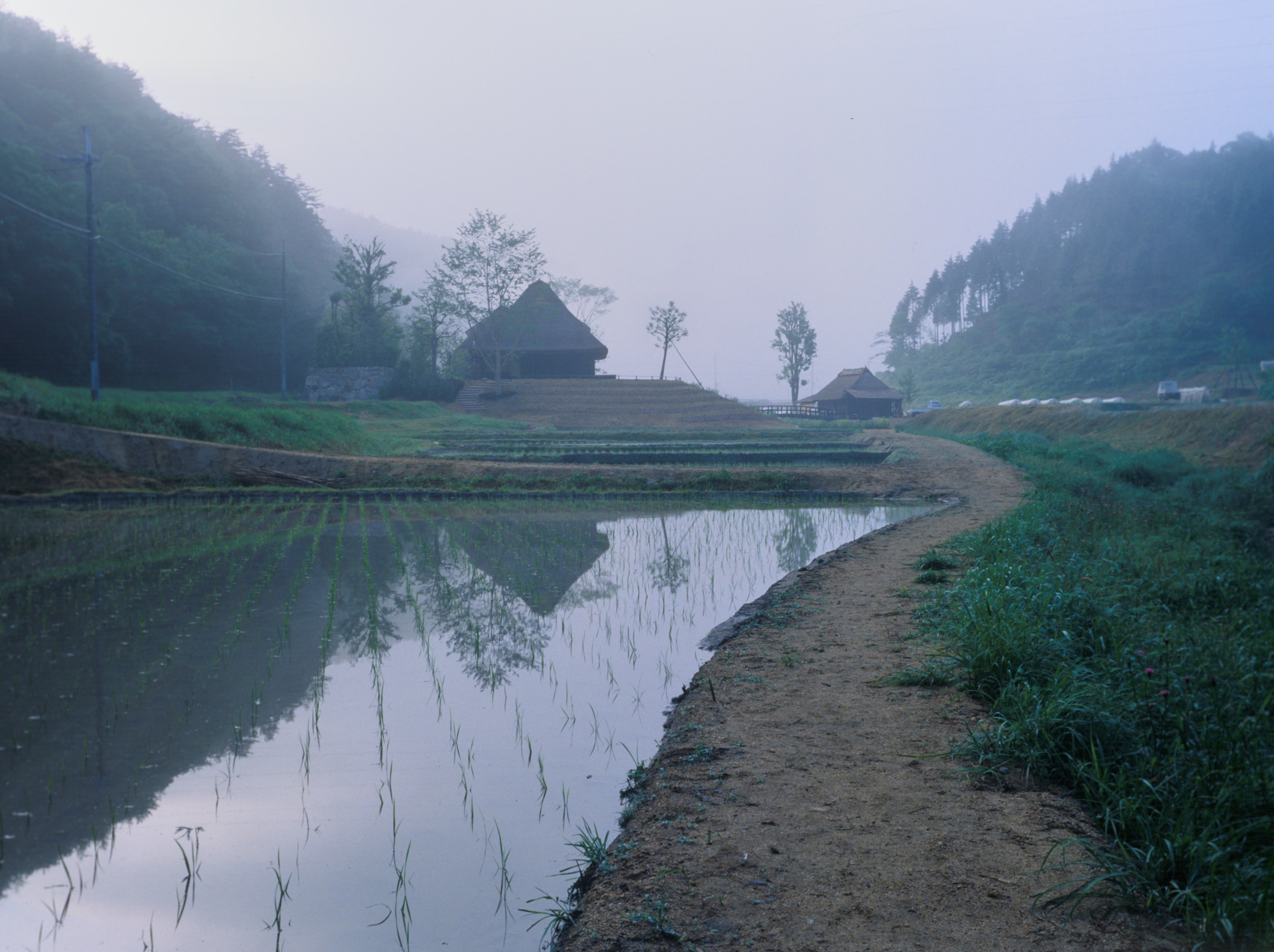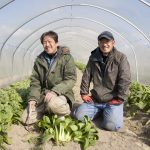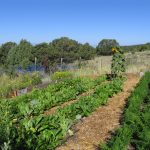
Natural Agriculture
“Nature can teach us everything.” – Mokichi Okada
About Natural Agriculture
Natural Agriculture is a means of cultivating wholesome food with pure seeds and without the use of any fertilizers, chemicals or additives. The approach is GMO-free, low-input, and agro-ecology focused. It emphasizes the use of indigenous, natural seeds, encourages seed-saving, and stresses the cultivation of soil in its natural state – without additional elements. More than an approach to agriculture, it is a way of living mindfully and in harmony with nature.
- FIRSTLY, Natural Agriculture eliminates fossil-fuel intensive inputs into the soil. Pure and healthy soil increases water retention and the sequestration of carbon from the atmosphere. This helps to mitigate run off, desertification and greenhouse gases.
- SECONDLY, Natural Agriculture encourages seed-saving. Seed-saving is an essential activity in farming which promotes food security, creates hardier and healthier plants, supports agro-biodiversity, and empowers local farmers.
- THIRDLY, Natural Agriculture makes consumers into partners, allowing them to reconnect with nature and participate in the natural system, which can translate into consumer-supported agriculture

By practicing Natural Agriculture, individuals learn:
Respect for nature and how to honor the integrity of the Earth’s ecosystems
Gratitude and the importance of the farmer-consumer relationship
How to grow safe and healthy food that is rich in nutrients and flavor
Natural Agriculture Around The World
Shumei’s approach to Natural Agriculture is spreading around the world. It is practiced by thousands of farmers globally – including farms in Canada, Brazil, England, Germany, Italy, Japan, Philippines, the United States, and Zambia.
In addition to these working farms, there are numerous Natural Agriculture home gardens and plots being cultivated worldwide. Here are select sites where Natural Agriculture is being practiced.

Principles of Natural Agriculture
The principles and practices of Natural Agriculture were developed in Japan in the early decades of the 20th century by Mokichi Okada to foster a renewed understanding of the harmony that exists among the natural elements of the earth.
Mokichi Okada conducted extensive research on the development of agricultural practices that would yield the most productive and beneficial results for nourishing the body, working in conjunction with Nature.
His premise was to support, not control, Nature.
From this research he developed a technique of food cultivation called Natural Agriculture, which uses no chemicals, fertilizers or pesticides. It encourages the consumption of locally produced food, recognizing the degree to which nutrients are lost in the transportation process. Natural Agriculture stresses the relationship among all elements in the growing process – the seed, water, light and surrounding vegetation – and is based on an “overriding respect and concern for Nature.”
Over the past few decades, Shumei has developed a network of Natural Agriculture farms in Japan, today numbering over 1,500. It has employed a community supported agriculture (CSA) model in which farmers and consumers work together to distribute and market the food products.










